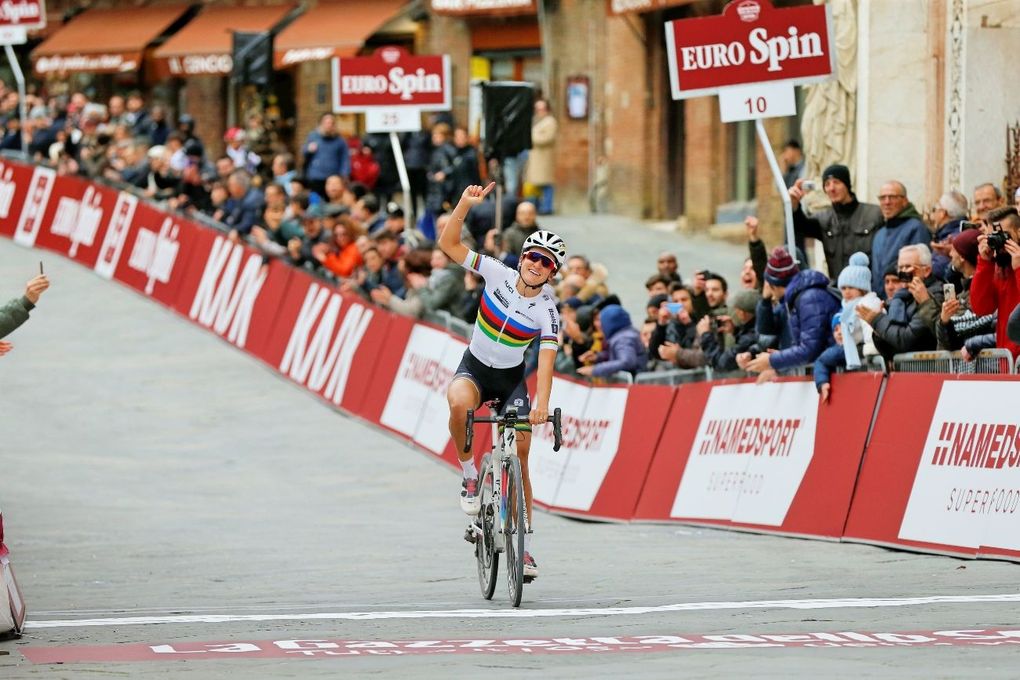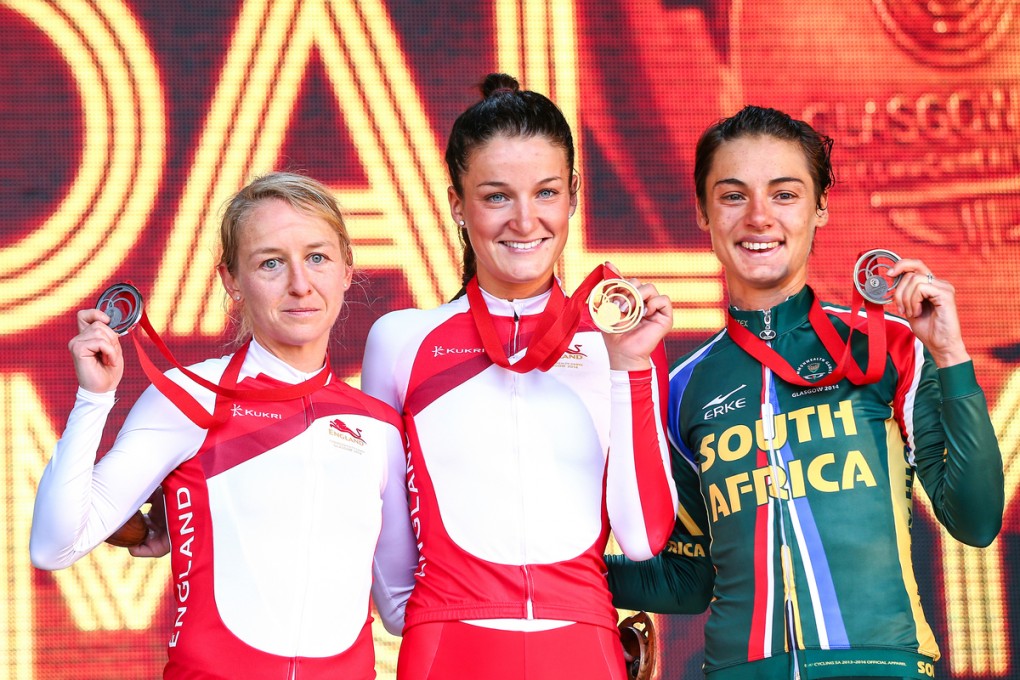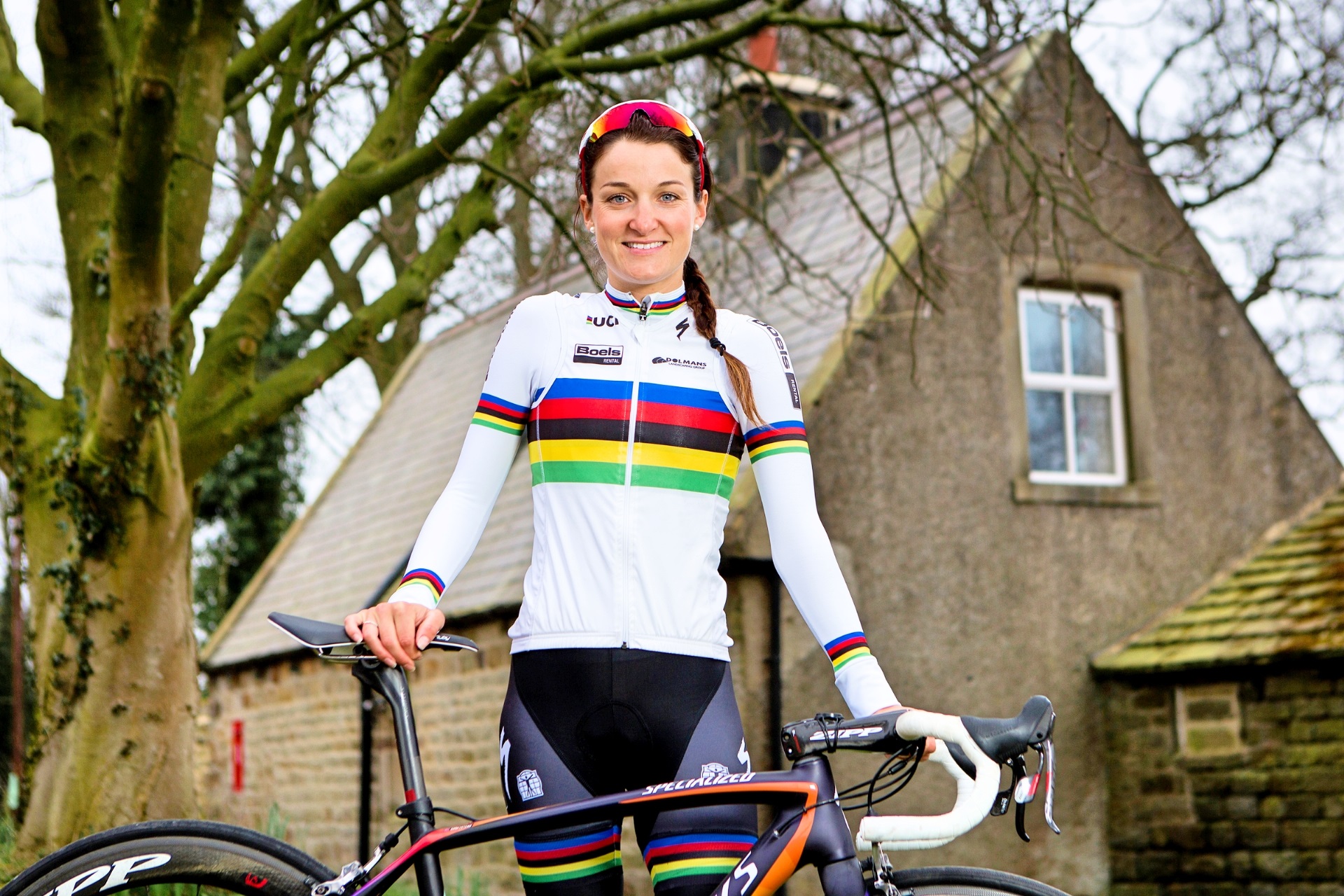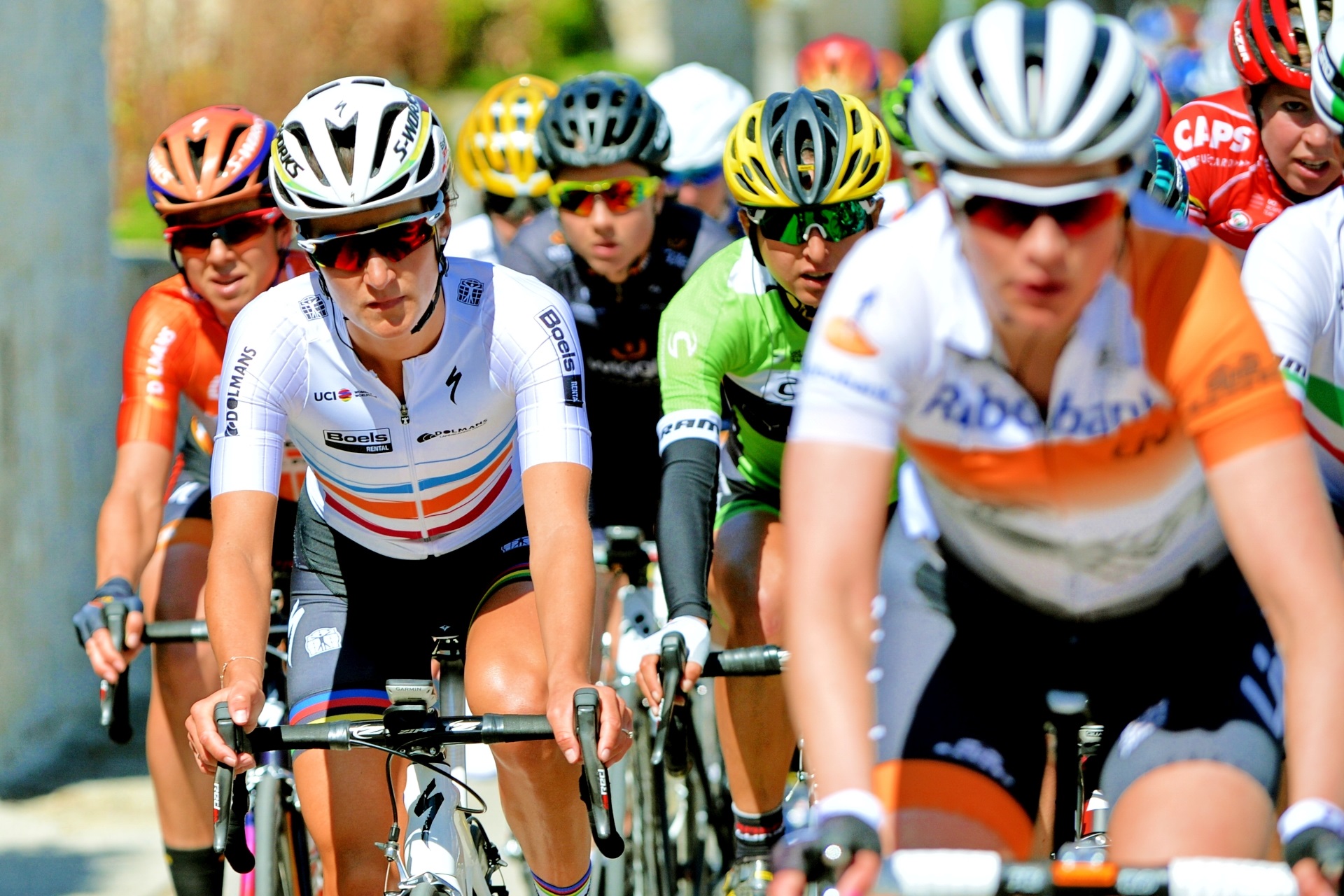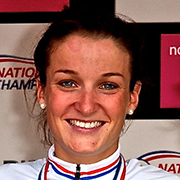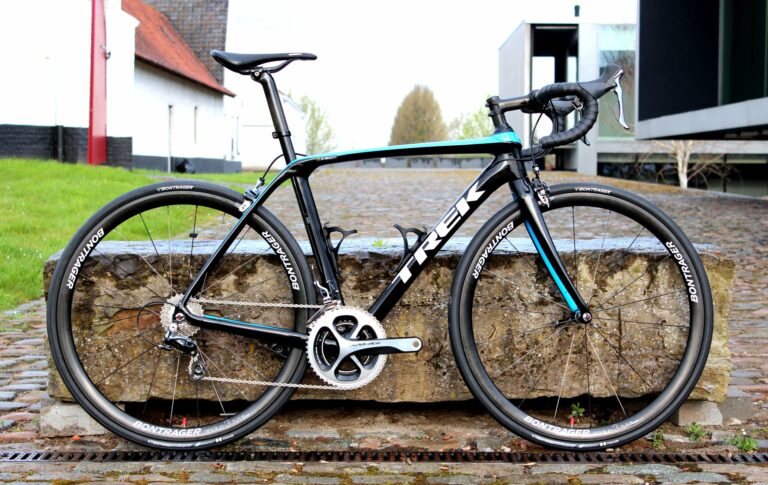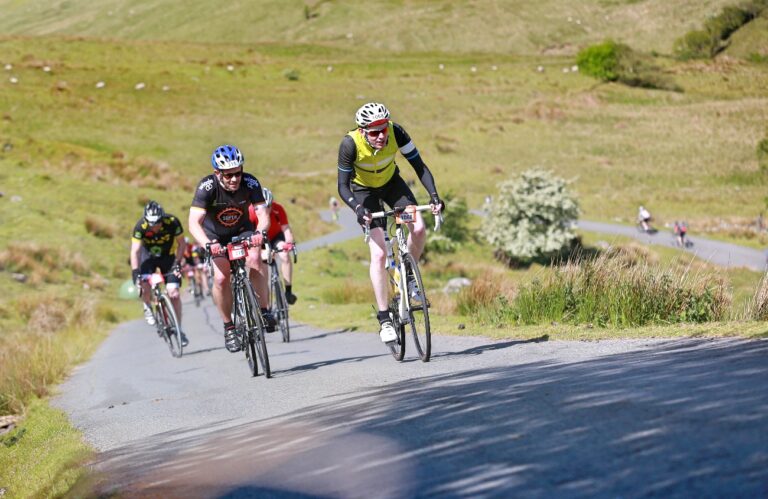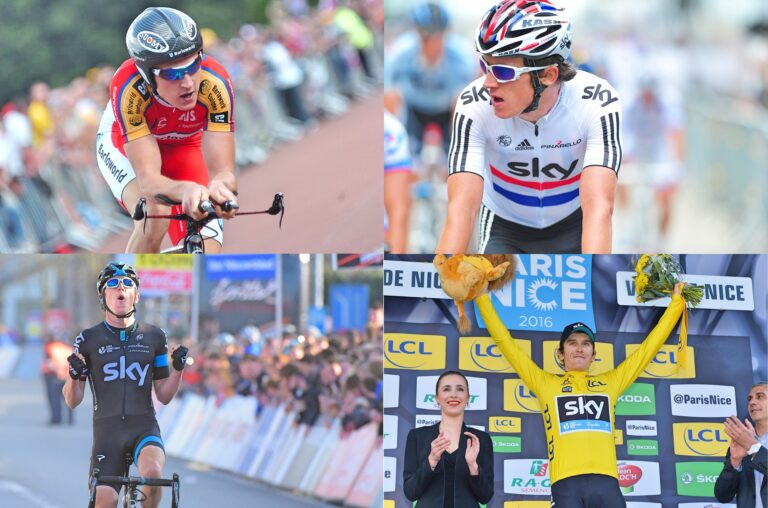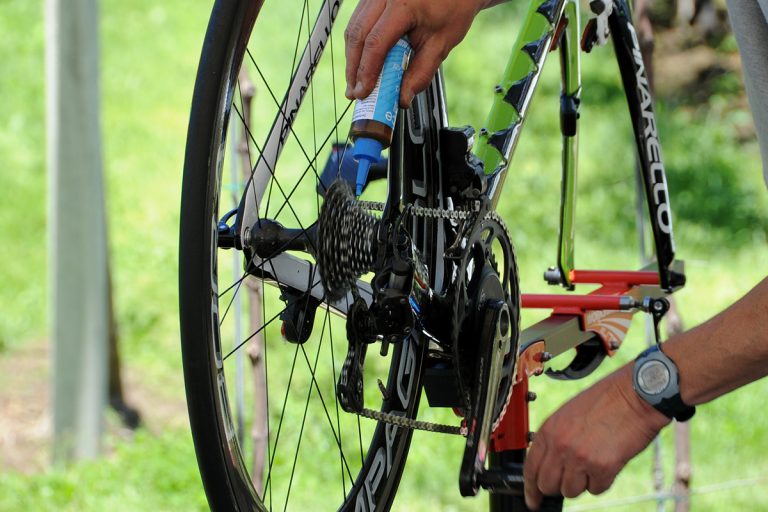“I just felt so dominant in that race,” she says. “I felt like I was dictating it. Rather than following other people and reacting, I was dictating the race and I’ve been able to do that this season as well.
“I’ve come close a lot of times in my career at different events. I’ve got a lot of silver medals but I was favourite going into Richmond and I delivered.”
Armitstead subsequently came into 2016 with two goals: to win the women’s Tour of Flanders in April and the Olympic road race in August. First came victories in the Omloop Het Nieuwsblad, Strade Bianche (for the second successive year) and Trofeo Alfredo Binda, before she arrived in Flanders. In Belgium the 27-year-old followed Emma Johansson’s acceleration on the Oude Kwaremont and outsprinted the Swiss rider in Oudenaarde.
There’s gold in them hills
Armitstead’s sprint has become the key weapon in her arsenal. Climbing is not her forte and if Armitstead is to win in Rio she must survive a hilly 130.3km course which includes three climbs, and most notably the 8.9km ascent of the Vista Chinesa, which tops out less than 25km from the finish in Parc Flamengo. The challenge for Armitstead now is to improve her climbing while preserving her sprint. If Armitstead is to win in Rio, she envisages hanging in with the leaders in the hills and winning a sprint from a small group.
“I’m spending a lot of time in the mountains,” says Armitstead, who is based in Monaco. “My training is very climbing-orientated now, so I’m spending more time in the mountains and less time on my sprint.”
Armitstead will have a powerful ally beside her when the road rises in Rio, in the form of climbing ace Emma Pooley, who has come out of retirement from professional cycling to target the Olympic Games. Armitstead and Pooley combined to devastating effect at the 2014 Commonwealth Games in Glasgow, claiming a one-two for England in what was then Pooley’s final race.
